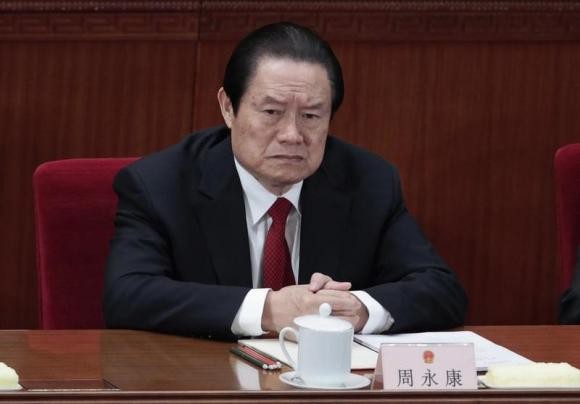The 16th conference of the standing committee of China's rubber-stamp legislature the National People's Congress (NPC) introduced a proposal that would amend the country's criminal code by ensuring that perpetrators of "major corruption crimes" spend the rest of their lives behind bars.
NPC records show that the draft amendment was filed on Aug. 24.
The said amendment introduces a new clause that explicitly states that those found guilty of "major corruption crimes" are to be sentenced to life in prison with no possibility of parole.
A second related amendment in the same bill would give courts the power to rule that a defendant whose death sentence is being suspended will instead serve a life sentence after two years without the possibility of parole or reduced sentence.
Under the current situation, suspended death sentences are typically reduced to plain life imprisonment after two years. This leaves the possibility that the sentence is later reduced or the perpetrator is released on parole.
While it does not add a new form of punishment, the proposed amendment aims to prevent instances where those found guilty of "major corruption crimes" are sentenced to life in prison only to be released within a few years.
Last February, China's Central Political and Legal Affairs Commission suggested that corrupt officials who received suspended death sentences should be required to serve at least 22 years before being eligible for parole.
In the past, there have been several instances of corrupt officials finding ways to get a reduced sentence. A recent example would be former Guangdong Jianlibao Group chairman Zhang Hai, who was sentenced to 15 years in prison in 2007 for corruption, but after two reductions, was released in Jan. 2011.
However, the amendment would not be retroactive, so those who are sentenced with life imprisonment before the proposal passes will still be eligible for a reduced sentence or parole.
Legal analysts do not believe the law to have anything to do with current sentiments calling to abolish the death penalty.
China is currently one of 36 U.N. members that practice capital punishment. However, the country has, in recent years, taken steps to curb the number of people sentenced to death penalty.


